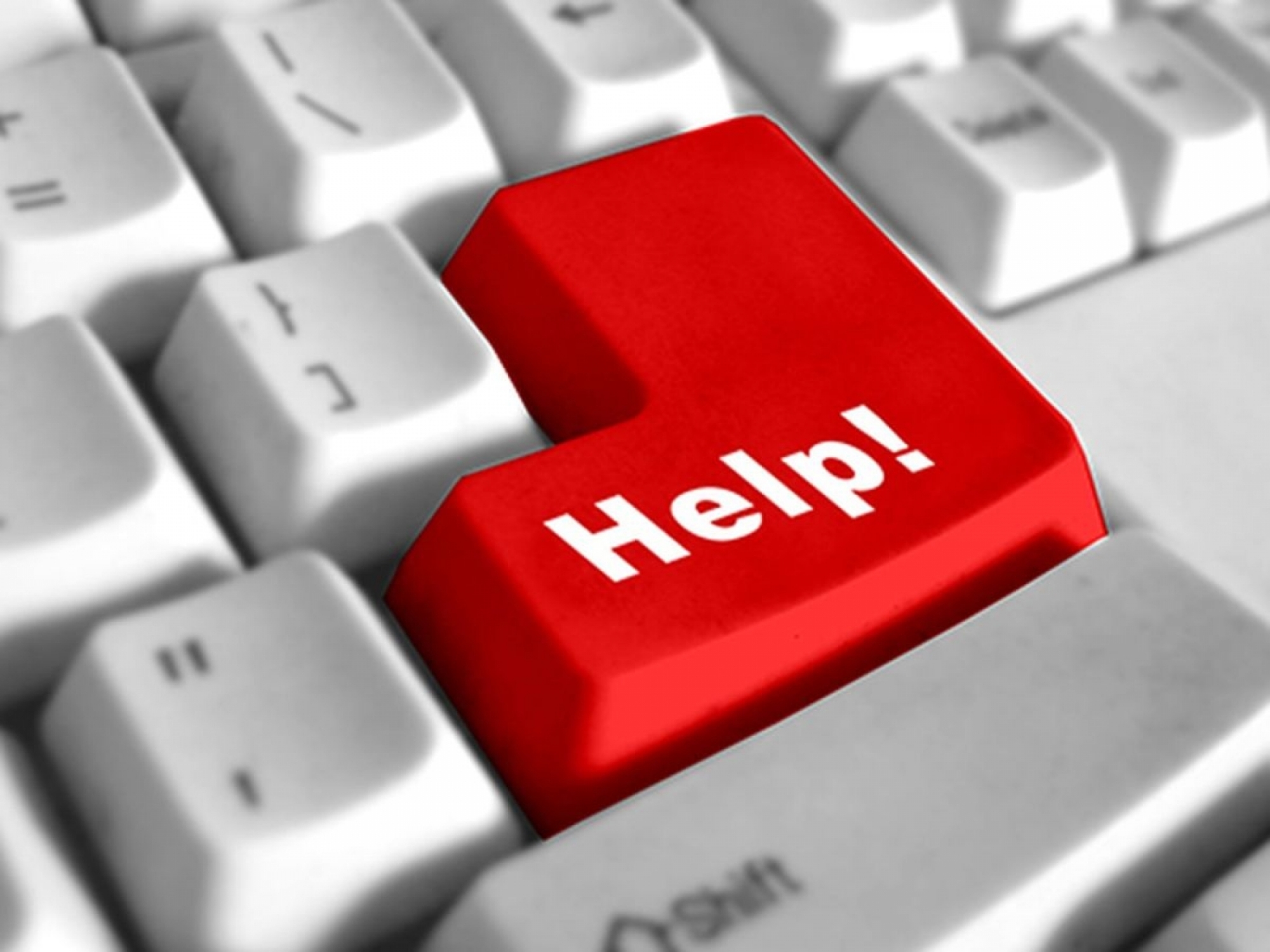With huge disruption to flights at Heathrow and Gatwick during the recent British Airways computer outage, many passengers found themselves sleeping on the floor of the airport, unsure what was happening or when their flights would leave. With the terminals in chaos and thousands of passengers completely stranded, a storm was brewing over on social media, with everyone asking the same thing: what was going on?
As #BritishAirways started trending on Twitter, for all the wrong reasons, the social media posts continued to roll in, as did the thousands more passengers arriving at the two airports. With a lack of communication to its customers, British Airways soon found themselves in the middle of PR nightmare.
Of course, the real issue was less to do with the computer outage (some events truly are unforeseen and unavoidable) and more to do with the fallout caused by British Airways’ lack of immediate online response in order to reassure passengers.
Rather than submitting a well-timed statement, offering help and advice to those who most needed it, BA really took its time in coming forward before eventually announcing that it would provide “reasonable” out of pocket expenses for those affected. A surprising move considering the airline’s luxury reputation and usual commitment to helping its customers.
It is with these latter points in mind that businesses should consider the importance of a dedicated crisis communications document that can be rolled out in any such event to ensure the PR crisis can be managed to the best of the company’s abilities. Such documents, which can be tailored to meet the very different needs and requirements, especially where social media is concerned, are vital in modern communications and can help to save, if not restore, the reputation of a brand which may have taken many years to build.
Speed, but with a considered strategy, is crucial to the successful management of any crisis, and this is magnified considerably on social media due to the viral nature of the medium. No or slow action will not only demonstrate your inability to manage the crisis at hand, but will potentially expose you to even more widespread criticism as the momentum grows.
How you address, manage and engage with key audiences over the course of any crisis will determine how well, how fast and how much you can minimise the damage and repair your brand over time. The more prepared you are with the potential scenarios and the line of command, the better placed you will be to act immediately and with conviction when that social media crisis happens. Don’t get caught with your head in the clouds.
